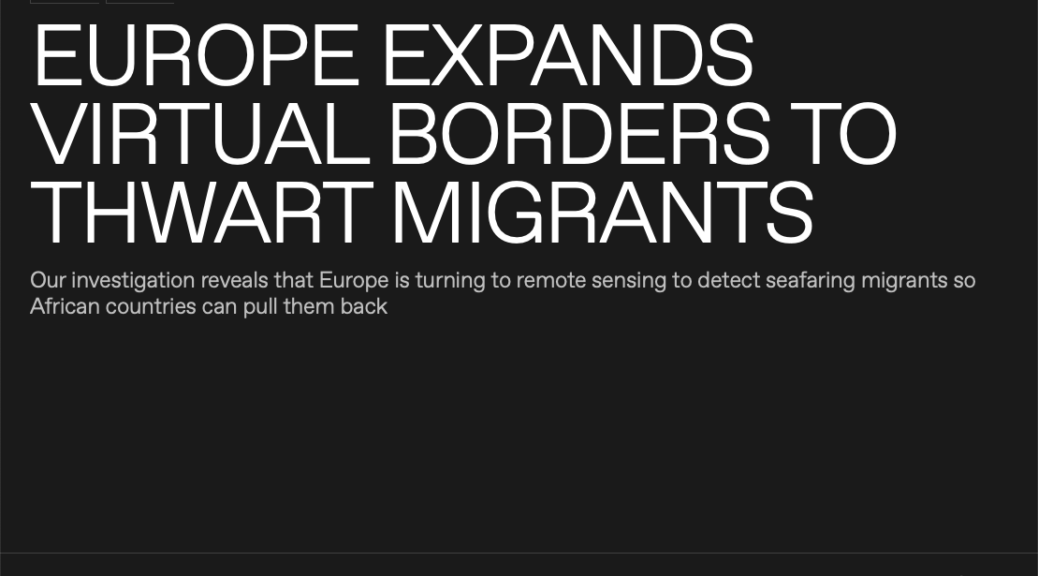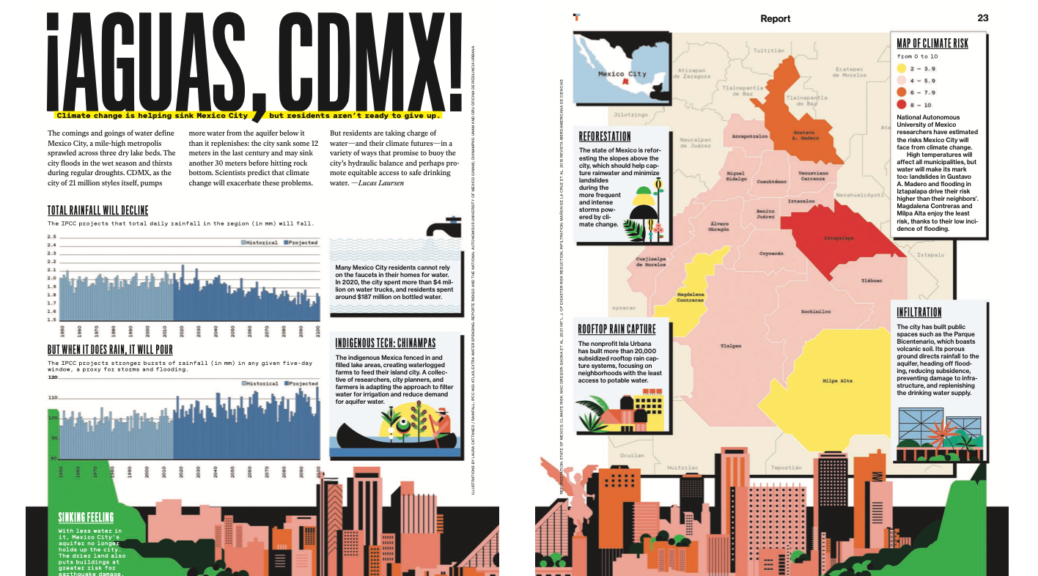This is the third of a three-part investigation I co-reported and co-wrote with María Álvarez del Vayo, Ter Garcia, Carmen Torrecillas, and Adrián Maqueda of Civio with help from some EDJNet partners. Part 1, “Investigation: One small step for a few, one giant leap for the rest: how to become a European citizen” is here. Part 2, “Stranger in a native land” is here. The data visualizations are only visible at the Civio website. También hay una versión en español.
Imagine not being able to sign a work contract or not being able to access social or even health services. Forget travelling, enrolling in university or getting married. That is the reality for thousands of people not recognised as nationals by any state. “They have no rights,” says Nina Murray, head of policy and research at the European Statelessness Network (ENS) a London, United Kingdom-based network of civil society organisations.
Many stateless people, Murray explains, come from states that have disappeared. Or they have been displaced from their homes by war or for other reasons. Others have no nationality, because of gaps in the laws of their country of birth: they may be the children of stateless persons or of people whose countries do not recognise as citizens the children born to their citizens abroad. Some people are stateless because the country where they live does not recognise their country of origin as a state, as in much of the European Union (EU) for people from Palestine or Western Sahara.
Continue reading Investigation: People of no nation: how being stateless means living without rights

